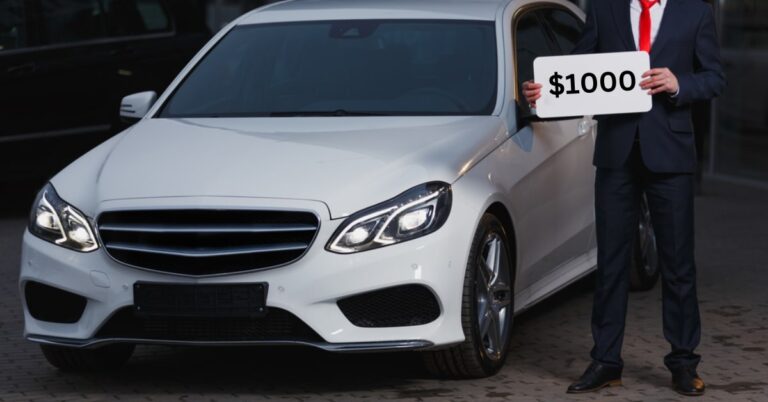Uber, the popular ride-hailing company, has announced an innovative initiative called the “One Less Car” trial, aimed at encouraging people to reduce their reliance on personal vehicles. This experiment, set to take place in select cities across the United States and Canada, offers participants $1,000 in transportation credits in exchange for giving up their cars for five weeks.
The trial, scheduled from July 22nd to August 25th, 2024, will involve 175 participants from seven major cities: Los Angeles, Chicago, Washington D.C., Miami, San Francisco, Toronto, and Vancouver. Each city will have 30 participants, who will be challenged to explore alternative modes of transportation during the trial period.
This North American initiative follows a successful pilot program conducted in Australia in 2023, where 58 participants gave up their cars for four weeks. The positive results from that trial, which showed increased usage of walking, biking, and public transit, inspired Uber to bring the experiment to a larger scale in North America.
Here’s how the $1,000 stipend breaks down for participants:
- $500 in “Uber Cash” for use on Uber rides or Lime bike and scooter-share services
- $200 voucher for car rental or car-share services
- $300 for other transportation modes, such as public transit
Additionally, participants will receive a one-month free Uber One membership, offering benefits like 6% Uber Cash on eligible rides and free delivery on certain food and grocery orders.
The trial aims to highlight the high costs of personal car ownership and its impact on urban environments. Uber cites that there are nearly 233 million private vehicles on U.S. roads, with 80 million driven less than 10 miles a day. By encouraging people to consider alternatives, Uber hopes to contribute to reducing traffic congestion, lowering emissions, and improving urban livability.
To participate, individuals must be 18 or older, possess a driver’s license, own a vehicle used more than three times per week, have a bank card, and be willing to document their experience. The first week of the trial will serve as a control period, where participants will record their normal mobility habits before giving up their cars for the remaining four weeks.
Interestingly, if a participant owns two cars, they’re only required to give up one during the trial. This approach allows Uber to examine how people transition to a “car-light” rather than strictly “car-free” lifestyle.
Adam Gromis, Uber’s global head of sustainability policy, emphasized that many Uber riders express interest in a more car-light lifestyle. He stated, “This research is critical to help us figure out how to make car-light living possible for more people who want to save money, emissions, and time in traffic.”
However, it’s worth noting that while Uber promotes reducing personal car usage, studies have shown that ride-hailing services like Uber have contributed to increased traffic congestion in cities. This presents an interesting paradox that the company will need to address as it promotes alternative transportation methods.
The “One Less Car” trial is not just about individual behavior change; it also aims to inform urban planning efforts. By gathering data on how people adapt to car-free or car-light lifestyles, Uber hopes to provide valuable insights that could help cities create more sustainable and efficient transportation systems.
As cities worldwide grapple with issues of congestion, pollution, and the need for more sustainable urban design, initiatives like Uber’s “One Less Car” trial could provide valuable data and real-world experiences to inform future policies and infrastructure decisions. Whether this leads to long-term changes in personal transportation habits remains to be seen, but it’s certainly a step towards exploring more sustainable urban mobility options.
Editor’s Recommendations
- Amazon’s Alexa to be Supercharged with AI but at a Cost for Subscribers
- Google Expands Gemini AI Access to Teens Using School Accounts in over 100 countries
- Amazon Investigates Perplexity AI Over Controversial Data Scraping Practices
- European Chipmakers at Risk of Losing China Market Share, EU Warns

